Nigeria’s governance and anti-corruption reforms have made legislative gains but continue to suffer from weak enforcement, political interference, and a shrinking civic space, according to the 8th edition of the Nigeria Sustainable Development Goals (SDG) 16 Shadow Report unveiled by the Civil Society Legislative Advocacy Centre (CISLAC). Presenting the report recently on the sidelines of the United Nations General Assembly (UNGA) in New York, CISLAC Executive Director and Head of Transparency International Nigeria, Malam Auwal Ibrahim Musa (Rafsanjani), said the 2025 review titled “Leaving No One Behind: Anti-Corruption, Right to Information, and Justice for All”, captured Nigeria’s progress between July 2024 and August 2025, exposing persistent governance failures despite high-profile reforms. Chiemelie Ezeobi reports
The Civil Society Legislative Advocacy Centre (CISLAC), an NGO, recently unveiled the 8th edition of the Nigeria Sustainable Development Goals (SDG) 16 Shadow Report, a detailed evaluation of the country’s progress on peace, justice, and strong institutions. The report, produced in partnership with Transparency International (TI) Nigeria, was presented by CISLAC’s Executive Director, Malam Auwal Ibrahim Musa (Rafsanjani), on the sidelines of the ongoing United Nations General Assembly (UNGA) in New York, United States.
Rafsanjani, who also heads TI Nigeria, explained that the 2025 edition, themed “Leaving No One Behind: Anti-Corruption, Right to Information, and Justice for All,” covered the period from July 2024 to August 2025, tracking Nigeria’s progress under SDG 16 Targets 16.4, 16.5, and 16.10, which focus respectively on illicit financial flows and organised crime, corruption and bribery, and access to information and protection of fundamental freedoms.
Promoting Peace, Justice and Strong Institutions
According to Rafsanjani, the SDG Goal 16 seeks to strengthen institutions and promote good governance, just as it also aims to ensure peace, stability and justice, while addressing corruption, illicit financial flows, money laundering and outright looting. These issues are captured under Goal 16 to help track progress and assess how Nigeria can overcome its governance and institutional challenges.
He said: “This year marks the 8th edition of our engagement on SDG 16, and we have remained consistent in driving advocacy around it. As civil society, our role is to ensure that the commitments Nigeria has made towards achieving the Sustainable Development Goals, particularly SDG 16, are fully pursued.
“The goal focuses on promoting peaceful, inclusive and accountable institutions at all levels. It emphasises access to justice, institutional integrity and inclusive governance. Considering the intensity of violence and conflicts across the country, it is clear that Nigeria cannot achieve sustainable development if violent conflicts persist. Strengthening peace, justice and strong institutions therefore remains essential for the nation’s progress.”
A Mirror to Nigeria’s Governance Deficit
Now in its eighth edition, the SDG 16 Shadow Report has evolved into one of Nigeria’s most credible independent assessments of governance, corruption, and institutional accountability. Compiled annually since 2018, the report offers a civil society perspective that complements and sometimes contradicts official government reviews presented to the UN’s High-Level Political Forum.
The 2025 report paints a sobering picture: while legislative reforms have been enacted on paper, enforcement remains weak, politically selective, and often reactive. CISLAC notes that Nigeria continues to struggle with structural governance failures that undermine transparency and justice, even as high-profile recoveries and new regulations dominate headlines.
Among the most striking findings is that Nigeria’s anti-corruption architecture, despite a proliferation of agencies and new laws, still lacks cohesion and political independence. Rafsanjani warned that “incremental progress cannot substitute for institutional transformation,” urging Nigerian authorities to bridge the persistent gap between reforms on paper and action in practice.
Record Asset Recoveries but Limited Accountability
The report records some notable gains. In 2024, the Economic and Financial Crimes Commission (EFCC) reported its largest single-year recovery, exceeding ₦1 trillion in assets and cash. This included more than 750 properties and foreign currency assets, following key court forfeitures.
Similarly, Nigeria signed an Asset Return Agreement with the United States in January 2025, leading to the repatriation of $52.88 million linked to former petroleum minister Diezani Alison-Madueke. Yet, despite these recoveries, CISLAC laments the absence of transparent post-recovery tracking mechanisms.
“The problem isn’t recovery, it’s what happens next,” the report warns, noting that citizens have no clear way of knowing how recovered funds are used. Proposals for a centralised Asset Recovery Agency and a national forfeiture database are seen as positive steps but risk adding “another layer of bureaucracy” if not coupled with independent oversight.
Corruption Still Endemic Despite New Laws
Nigeria’s Corruption Perceptions Index (CPI) score for 2024 rose slightly from 24 to 25 out of 100, ranking 145th out of 180 countries. The marginal improvement, however, fails to mask deep-rooted challenges.
While reforms such as the Proceeds of Crime Act (2022), Money Laundering (Prevention and Prohibition) Act (2022), and Beneficial Ownership Register (2023) have strengthened the legal framework, enforcement remains inconsistent. Anti-corruption agencies like the EFCC and the Independent Corrupt Practices and Other Related Offences Commission (ICPC) continue to record convictions and seizures, but selective prosecutions and political interference persist.
CISLAC describes this paradox as “a façade of compliance without systemic change,” echoing concerns raised in earlier editions.
Organised Crime and Insecurity on the Rise
The report also exposed Nigeria’s worsening insecurity and the commercialisation of organised crime. Citing data from SBM Intelligence, CISLAC reveals that between July 2024 and June 2025, at least 4,722 civilians were abducted in 997 incidents, with ₦2.57 billion paid in ransom. The total ransom demanded during the period reached ₦48 billion, highlighting a lucrative criminal economy that thrives amid weak policing and economic hardship.
In addition, separatist-related disruptions in the Southeast, especially “sit-at-home” protests, have inflicted economic losses estimated at ₦7.6 trillion since 2021. These figures, CISLAC says, underscore the intersection of governance failure, poverty, and insecurity.
Freedom of Information Still Largely Theoretical
Despite the Supreme Court’s April 2025 ruling affirming that the Freedom of Information (FOI) Act applies to all levels of government, compliance remains abysmally low. Only 11.4% of public institutions fulfil their disclosure obligations, according to CISLAC’s findings.
The report highlighted a “deep-seated culture of secrecy” across government agencies, compounded by underfunding and political resistance. Out of more than 1,300 federal institutions, only 13 budgeted for FOI implementation in 2025, amounting to less than 0.0005% of national spending.
Attempts to amend the Act to penalise journalists or “misuse” of information, reportedly proposed by NEITI, were described by CISLAC as “a regressive step that threatens civic freedoms.”
Weak Fiscal Transparency and Procurement Abuse
Fiscal governance also remains troubling. Nigeria scored 31/100 in the Open Budget Survey 2023, showing little improvement since 2021. CISLAC found evidence of budget padding, opaque subsidy spending, and defunct transparency portals such as the Open Treasury Portal.
Procurement, identified as “the single largest driver of corruption,” remains a major concern. EFCC Chairman Ola Olukoyede recently admitted that 90% of public sector corruption stems from procurement-related fraud. Scandals involving inflated contracts in Zamfara, Ebonyi, and federal ministries were cited as evidence of systemic abuse.
While the Tinubu administration introduced reforms in May 2025 to decentralise contract approvals, CISLAC warns that the changes could “expand opportunities for abuse unless matched with strong oversight and transparency mechanisms.”
Calls for Legal Protection and Civic Space
Perhaps the most glaring gap, the report notes, is Nigeria’s failure to enact a Whistleblower Protection Law. Nearly a decade after the 2016 policy, whistleblowers remain unprotected, with less than 5% of federal institutions maintaining internal reporting systems. Civil society organisations such as AFRICMIL and Media Rights Agenda (MRA) continue to advocate for legislation to shield informants from retaliation.
At the same time, the civic space continues to shrink. Peaceful protests, including the Take It Back Movement’s April 2025 demonstrations, have been met with repression and arrests. Rafsanjani described this as “a dangerous regression that undermines democracy and the rule of law.”
A Call to Action
In unveiling the report at UNGA, Rafsanjani urged Nigeria’s leaders to view SDG 16 not as a box-ticking exercise but as a national survival imperative. “Peace, justice, and strong institutions are not luxuries, they are the foundation of sustainable development,” he said. “Unless we move from rhetoric to reform, from political promises to genuine accountability, Nigeria risks leaving millions behind.”
The 2025 Shadow Report concludes with a familiar but urgent message: despite incremental reforms, transparency, civic freedoms, and institutional accountability remain fragile pillars of Nigeria’s democracy. Without decisive political will, it warns, the promise of the 2030 Agenda for Sustainable Development will remain distant, a dream deferred by the very institutions meant to uphold it.



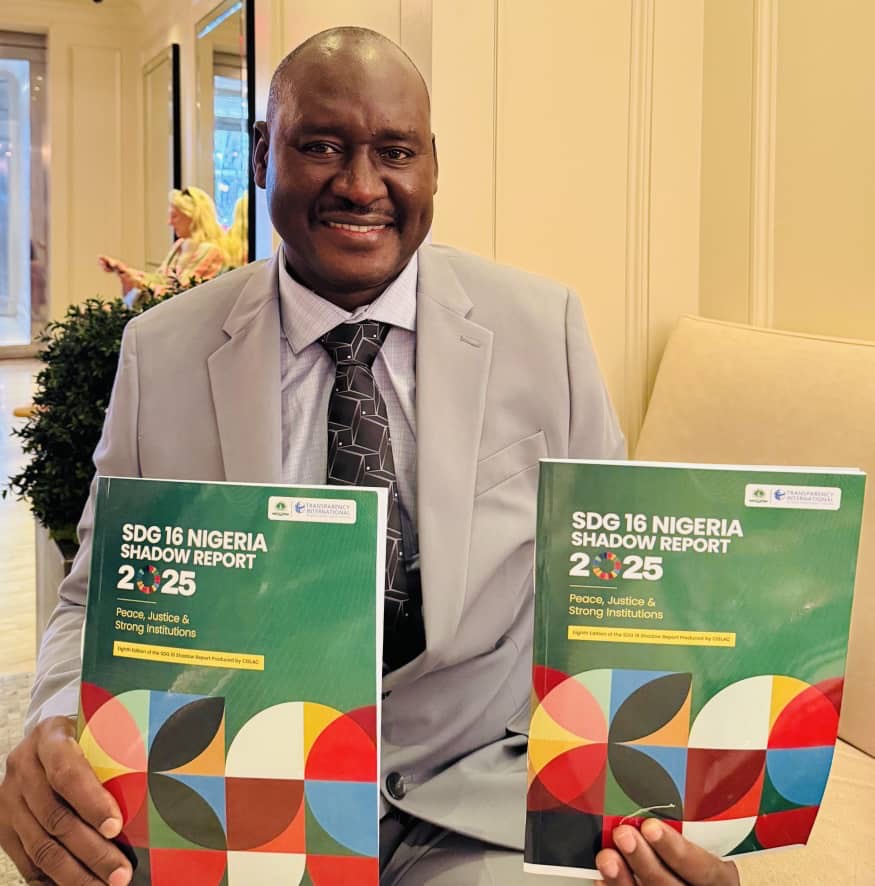


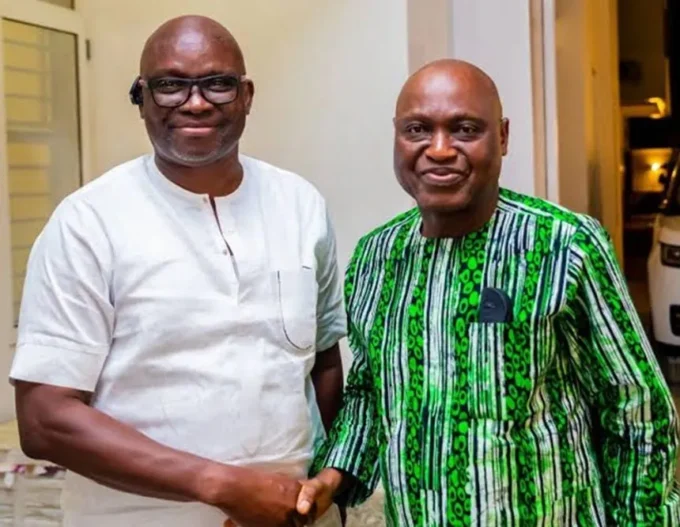
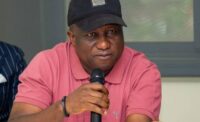
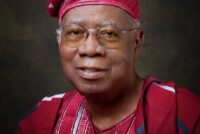
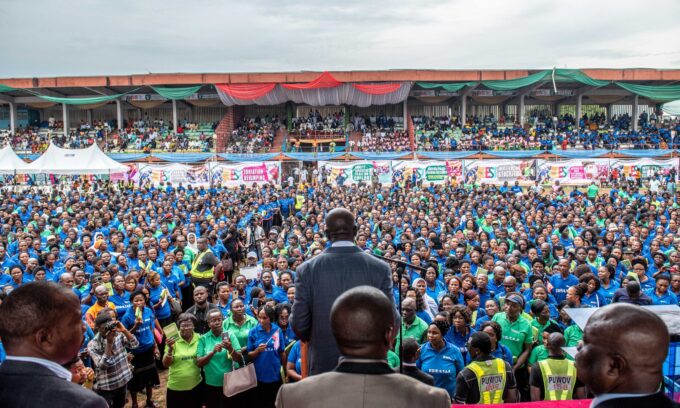
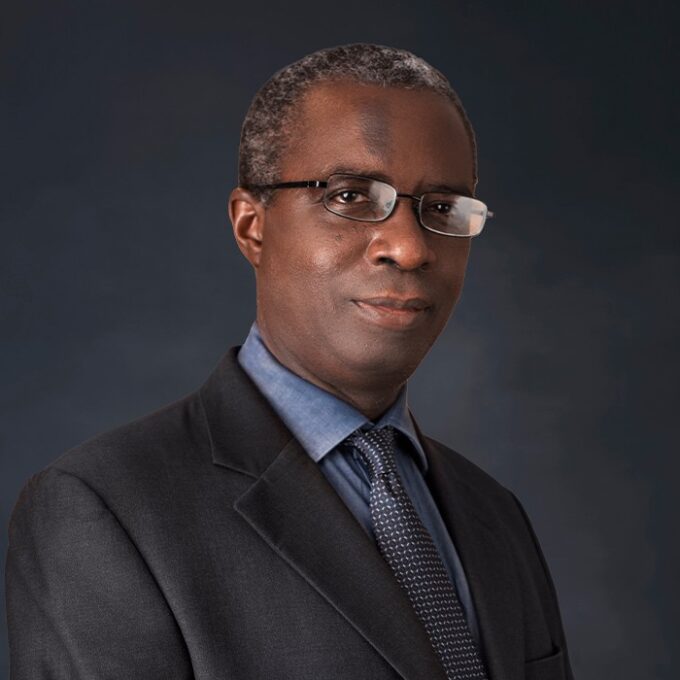
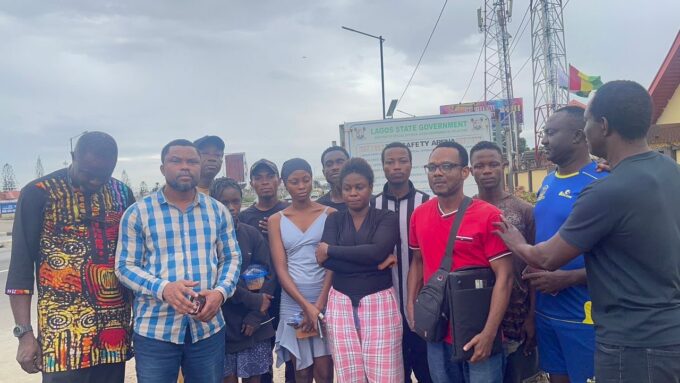
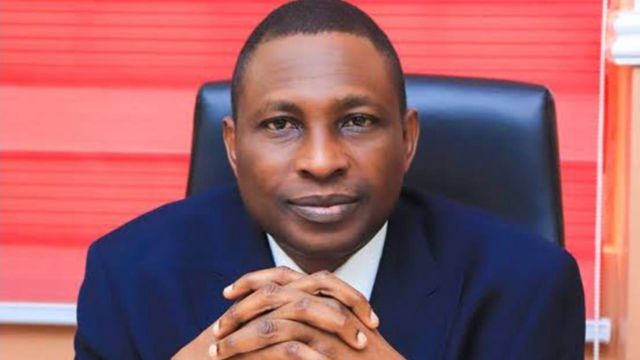





Leave a comment